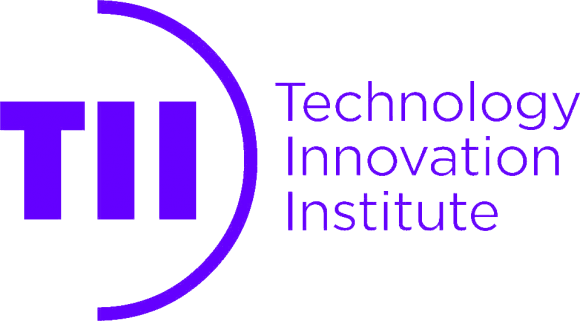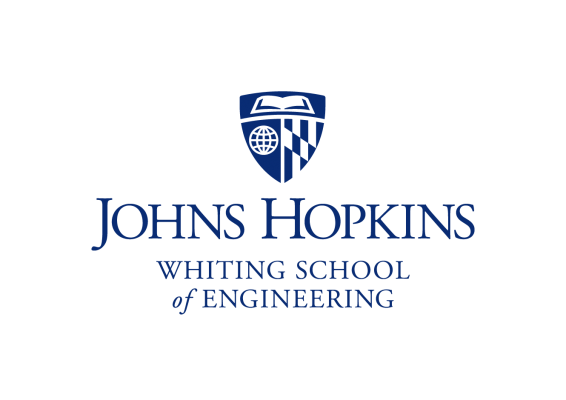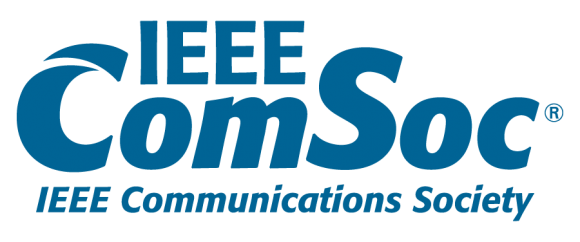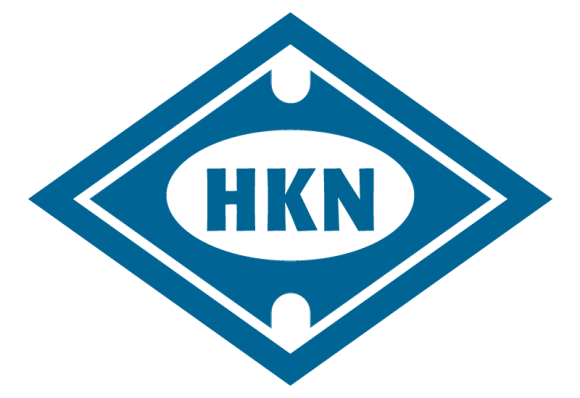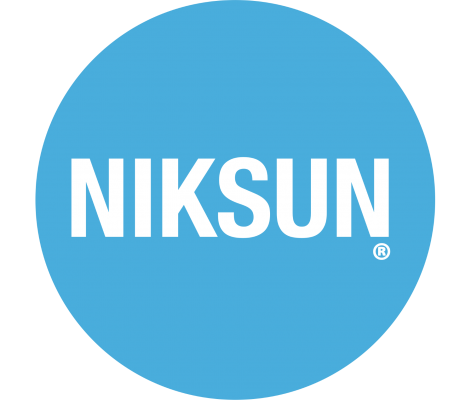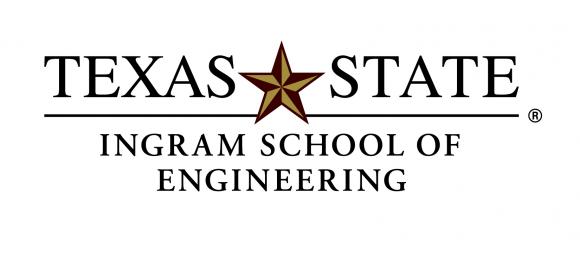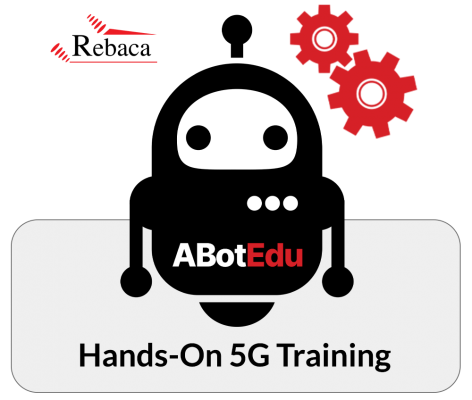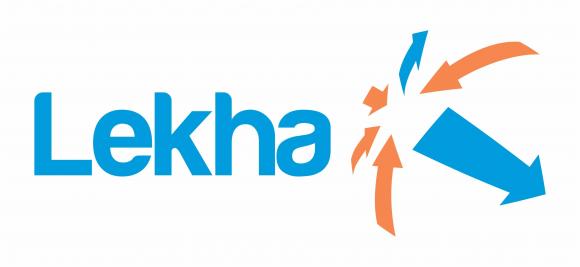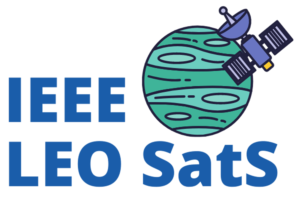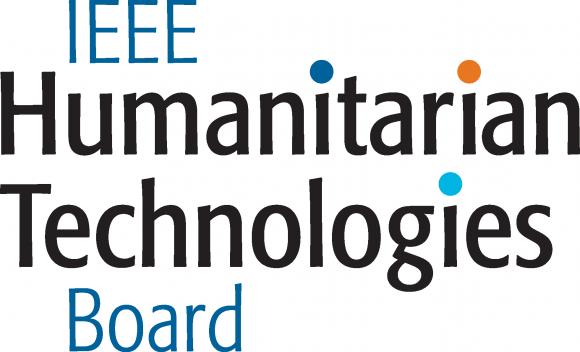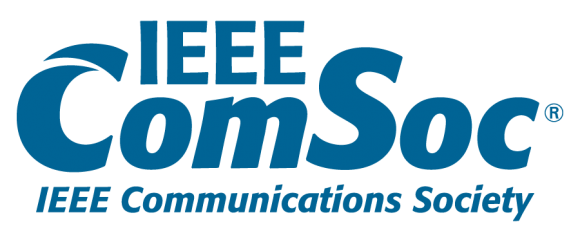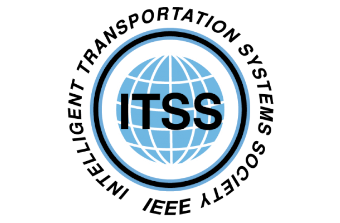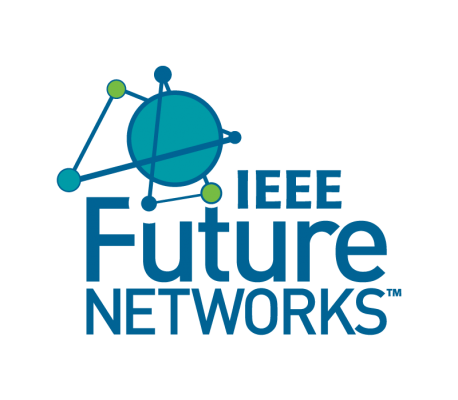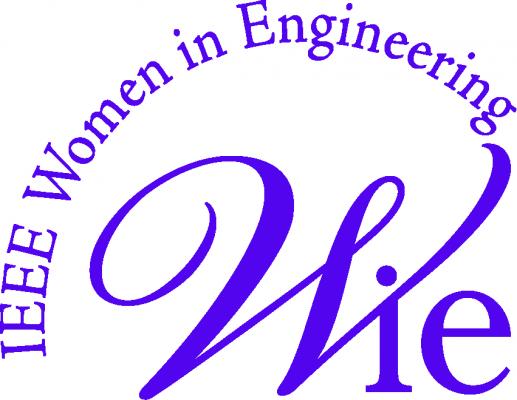PRESENTER
- Martha Cash, Worcester Polytechnic Institute
- Alexander Wyglinski, Worcester Polytechnic Institute
SCOPE
Modeling and predicting communication networks have become challenging due to their dynamic nature and increasing complexity. Because of this, much attention has been given to designing intelligent wireless networks using data-driven approaches (i.e., machine learning). This tutorial explores two prominent approaches, supervised learning and reinforcement learning, to address routing challenges and design intelligent wireless networks. This tutorial will compare the two approaches' adaptability, scalability, and performance in dynamic wireless network environments. We will walk through use cases to illustrate the strengths and weaknesses of each technique and when to employ supervised learning, reinforcement learning, or a hybrid approach for designing intelligent wireless networks. This tutorial is intended for attendees familiar with the fundamentals of machine learning and looking to learn more about leveraging machine learning techniques in designing intelligent wireless networks.
SHORT BIO
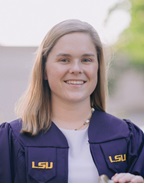 Martha Cash received B.S. and M.S. degrees in electrical engineering from Louisiana State University in 2020 and 2022, respectively. She is currently a second-year Ph.D. student at Worcester Polytechnic Institute. Her current research interest focuses on leveraging deep learning and distributed machine learning techniques for solving routing challenges in wireless networks.
Martha Cash received B.S. and M.S. degrees in electrical engineering from Louisiana State University in 2020 and 2022, respectively. She is currently a second-year Ph.D. student at Worcester Polytechnic Institute. Her current research interest focuses on leveraging deep learning and distributed machine learning techniques for solving routing challenges in wireless networks.
 Alexander M. Wyglinski is the Associate Dean of Graduate Studies, Professor of Electrical Engineering and Robotics Engineering, past President of the IEEE Vehicular Technology Society, and Director of the Wireless Innovation Laboratory. My current research activities are in wireless communications, cognitive radio, dynamic spectrum access, software-defined radio, 5G/6G/Next-G, vehicular networking, vehicular technology, satellite communications, GPS/GNSS, millimeter wave transmission, and machine learning. I have published over 50 peer-reviewed journal papers, over 130 peer-reviewed conference papers, and three textbooks during my academic career. According to Google Scholar, my citation count is equal to 5654 and I possess an h-index equal to 40 as well as an i10-index equal to 92. Current and past sponsors include organizations such as National Science Foundation, MIT Lincoln Laboratory, MathWorks, Toyota InfoTechnology Center U.S.A., Defense Advanced Research Projects Agency, Naval Research Laboratory, MITRE Corporation, MIT Lincoln Laboratory, Office of Naval Research, and the Air Force Research Laboratory Space Vehicles Directorate. I am a Senior Member of the IEEE, as well as a member of Sigma Xi, Eta Kappa Nu, and the ASEE.
Alexander M. Wyglinski is the Associate Dean of Graduate Studies, Professor of Electrical Engineering and Robotics Engineering, past President of the IEEE Vehicular Technology Society, and Director of the Wireless Innovation Laboratory. My current research activities are in wireless communications, cognitive radio, dynamic spectrum access, software-defined radio, 5G/6G/Next-G, vehicular networking, vehicular technology, satellite communications, GPS/GNSS, millimeter wave transmission, and machine learning. I have published over 50 peer-reviewed journal papers, over 130 peer-reviewed conference papers, and three textbooks during my academic career. According to Google Scholar, my citation count is equal to 5654 and I possess an h-index equal to 40 as well as an i10-index equal to 92. Current and past sponsors include organizations such as National Science Foundation, MIT Lincoln Laboratory, MathWorks, Toyota InfoTechnology Center U.S.A., Defense Advanced Research Projects Agency, Naval Research Laboratory, MITRE Corporation, MIT Lincoln Laboratory, Office of Naval Research, and the Air Force Research Laboratory Space Vehicles Directorate. I am a Senior Member of the IEEE, as well as a member of Sigma Xi, Eta Kappa Nu, and the ASEE.



